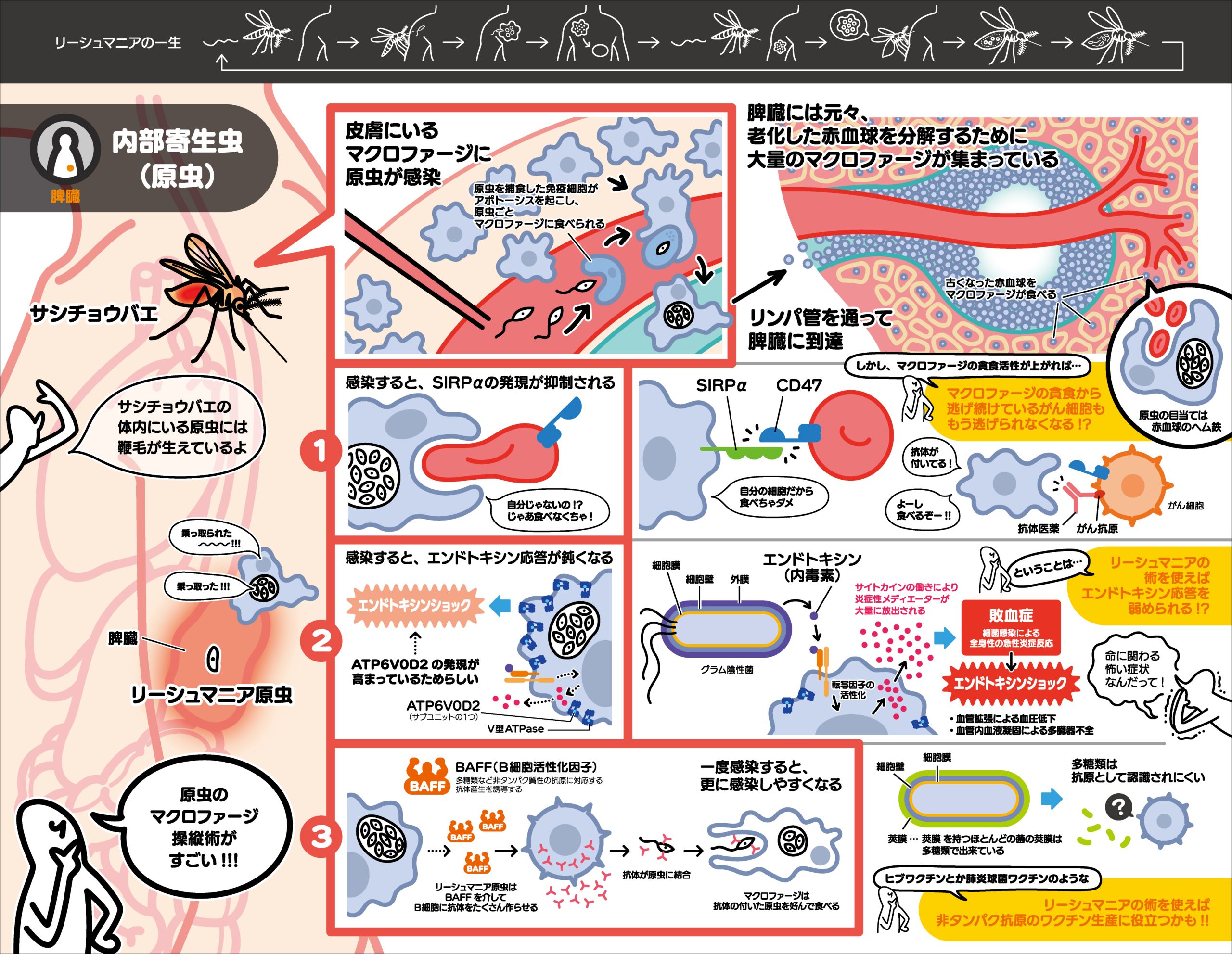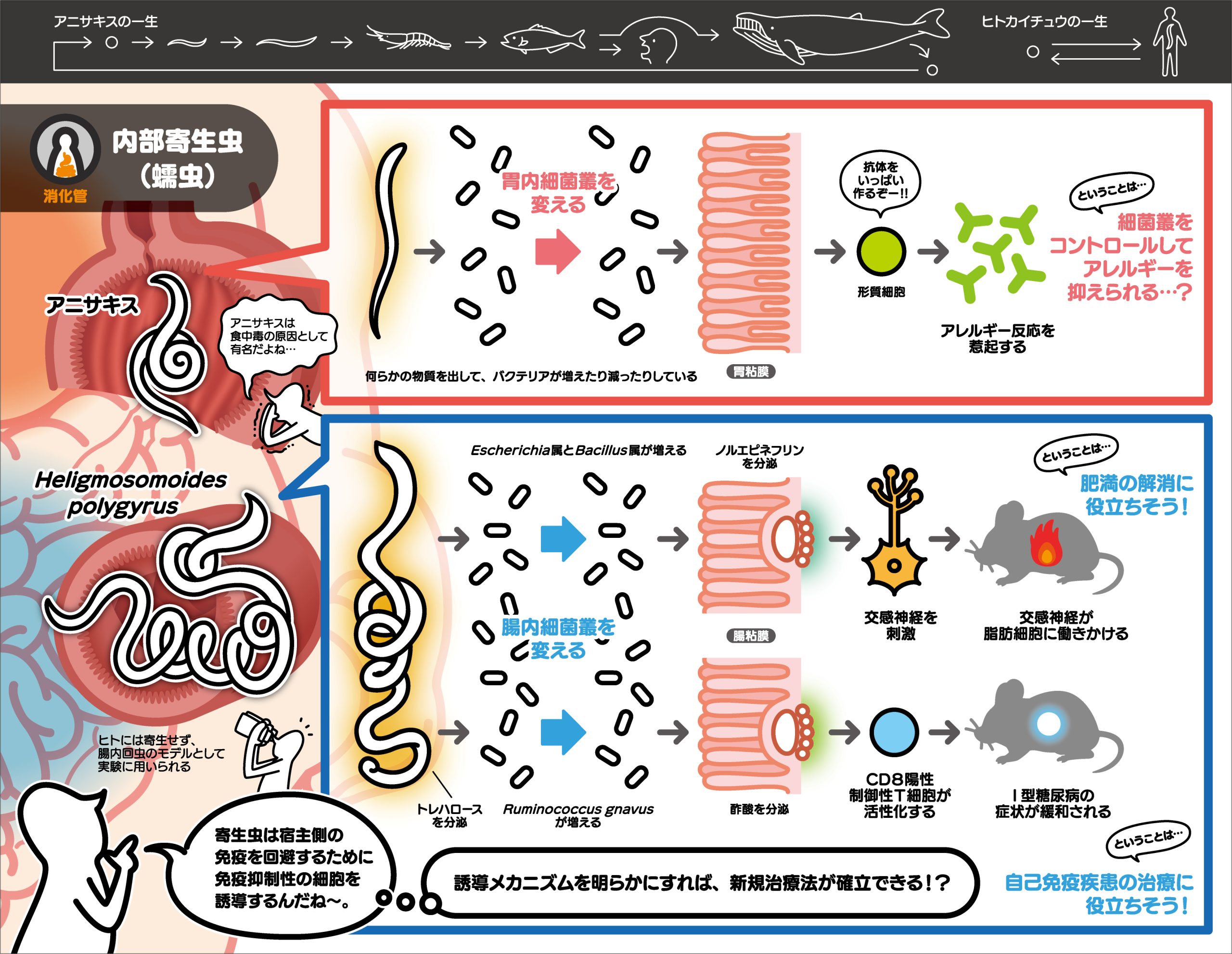The prevalence of autoimmune diseases (ADs) worldwide has rapidly increased
over the past few decades. Thus, in addition to the classical risk factors for ADs, such as genetic
polymorphisms, infections and smoking, environmental triggers have been considered. Recent
sequencing- based approaches have revealed that patients with extra- intestinal ADs, such as
multiple sclerosis, rheumatoid arthritis, type 1 diabetes and systemic lupus erythematosus,
have distinct gut microbiota compositions compared to healthy controls. Faecal microbiota
transplantation or inoculation with specific microbes in animal models of ADs support the
hypothesis that alterations of gut microbiota influence autoimmune responses and disease
outcome. Here, we describe the compositional and functional changes in the gut microbiota in
patients with extra- intestinal AD and discuss how the gut microbiota affects immunity. Moreover,
we examine how the gut microbiota might be modulated in patients with ADs as a potential
preventive or therapeutic approach.
Eiji Miyauchi*, Chikako Shimokawa*, Alex Steimle, Mahesh S. Desai, Hiroshi Ohno
‘The impact of the gut microbiome on extra-intestinal autoimmune diseases’
Nat Rev Immunol,09 May 2022*Co-first authorship



